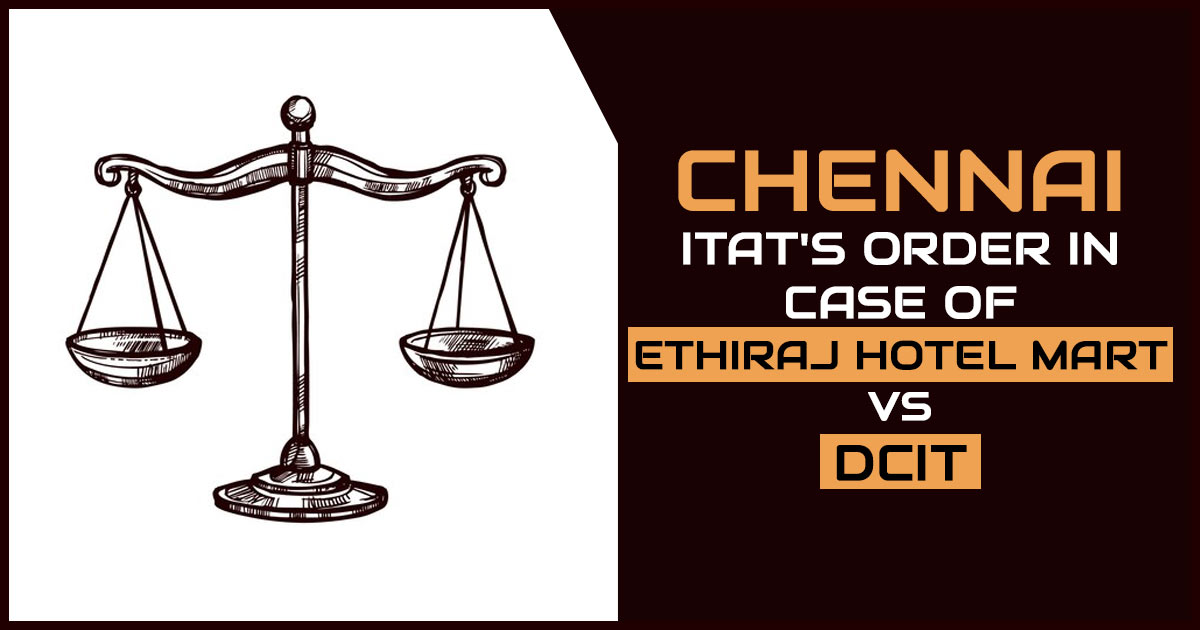
The Chennai Bench of Income Tax Appellate Tribunal (ITAT) has deleted the addition of unelaborated investment in stock as a difference in the valuation of stock.
Mahavir Singh (Vice President) and Manjunatha. G. (Accountant Member), presiding over the bench, have observed that the assessee declared additional income attributable to excess stock discovered during a survey.
The assessee clarified that the source of the excess stock was income earned from the current or previous years’ business and voluntarily surrendered the corresponding amount. The Assessing Officer (AO) did not take any action to challenge the assessee’s assertion that the source was not from business income.
The appellant/assessee operates in the wholesale trading sector, dealing with stainless steel items, crockery, aluminium, and electric items. A survey was conducted at the business premises of the assessee.
The AO concluded the assessment by noting that the physical stock at the business premises exceeded the inventory recorded during the survey. Upon comparing it with the stock in the books of accounts, the survey team identified excess stock valued at Rs. 1,04,00,600.
Upon being notified, the assessee voluntarily included a sum of Rs. 1,04,00,600 for taxation. The assessee argued that the excess stock had been categorized as ‘business income’ and therefore should not be considered for addition under Section 69B of the Income Tax Act.
However, the Assessing Officer (AO) determined that the excess stock should be treated as an unexplained investment under Section 69B and subjected to taxation according to the provisions of Section 115BBE. Consequently, the AO assessed the income offered during the survey as an unexplained investment and levied tax.
The assessee appealed to the Commissioner of Income Tax (Appeals) [CIT(A)]. After reviewing the assessee’s submissions, the CIT(A) affirmed the AO’s decision, noting that the excess stock had been assessed as ‘unaccounted investment’ rather than ‘business income.’
Relevance:- Chennai ITAT Nullifies Section 68 Addition Related to Cash Receipts Converted into Sale of Jewellery
The tribunal ruled against the AO’s application of Section 115BBE, emphasizing that the admitted difference of Rs. 1,04,00,600 should be taxed as ‘normal business income’ and not as an ‘unexplained investment’ under Section 69B of the Income Tax Act.